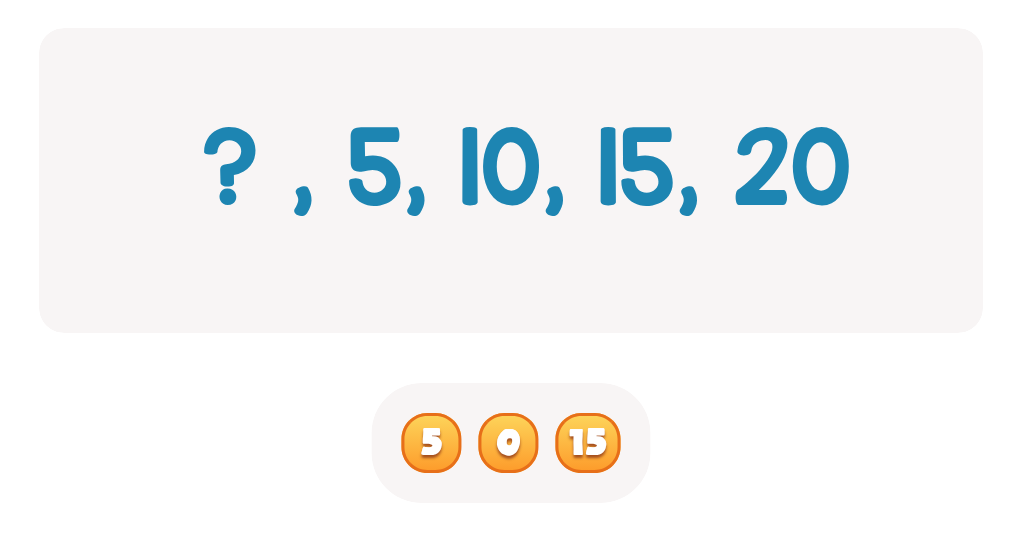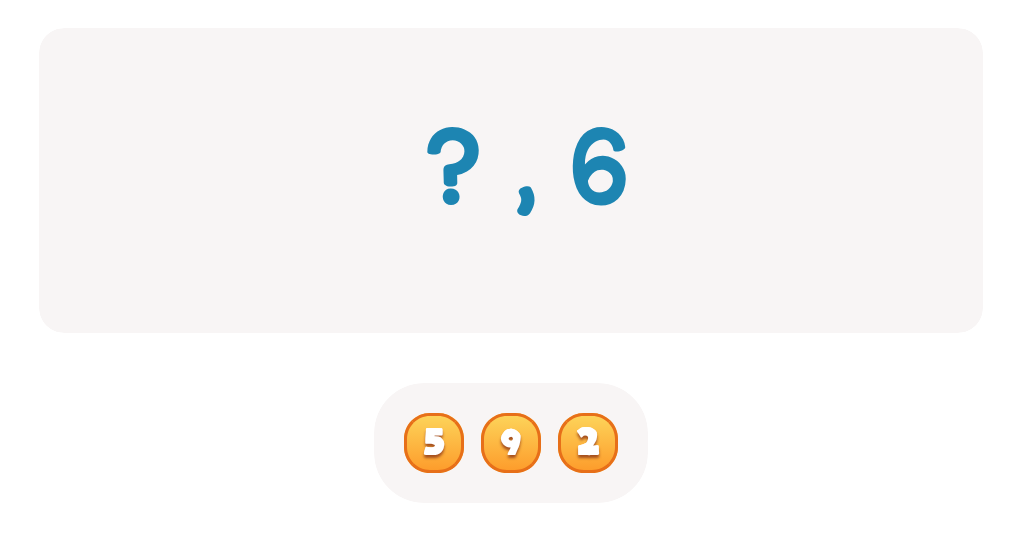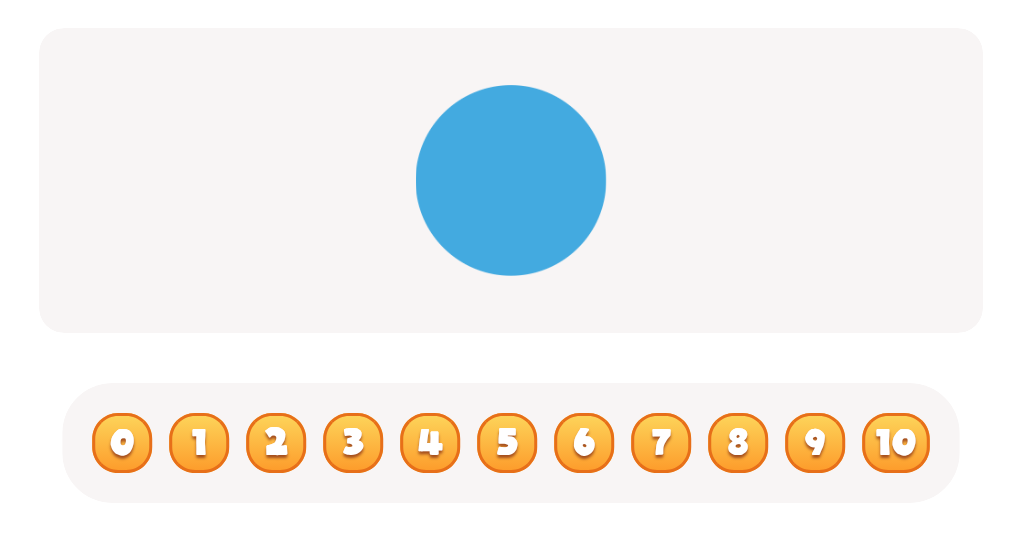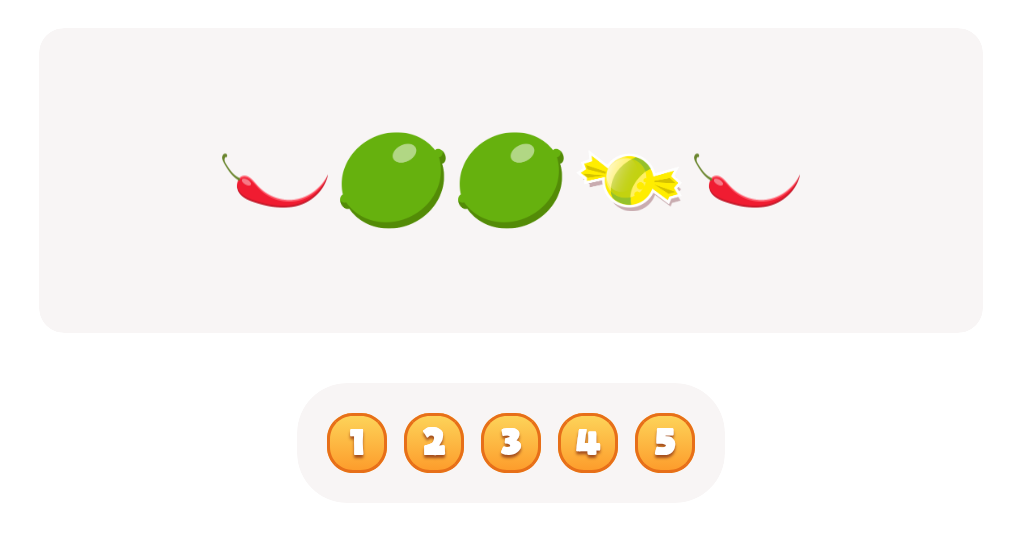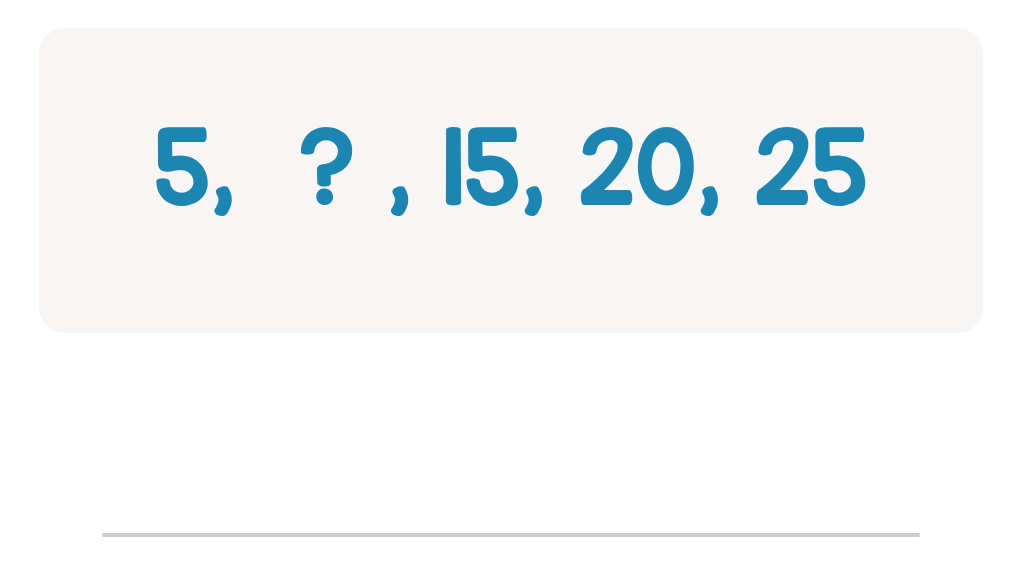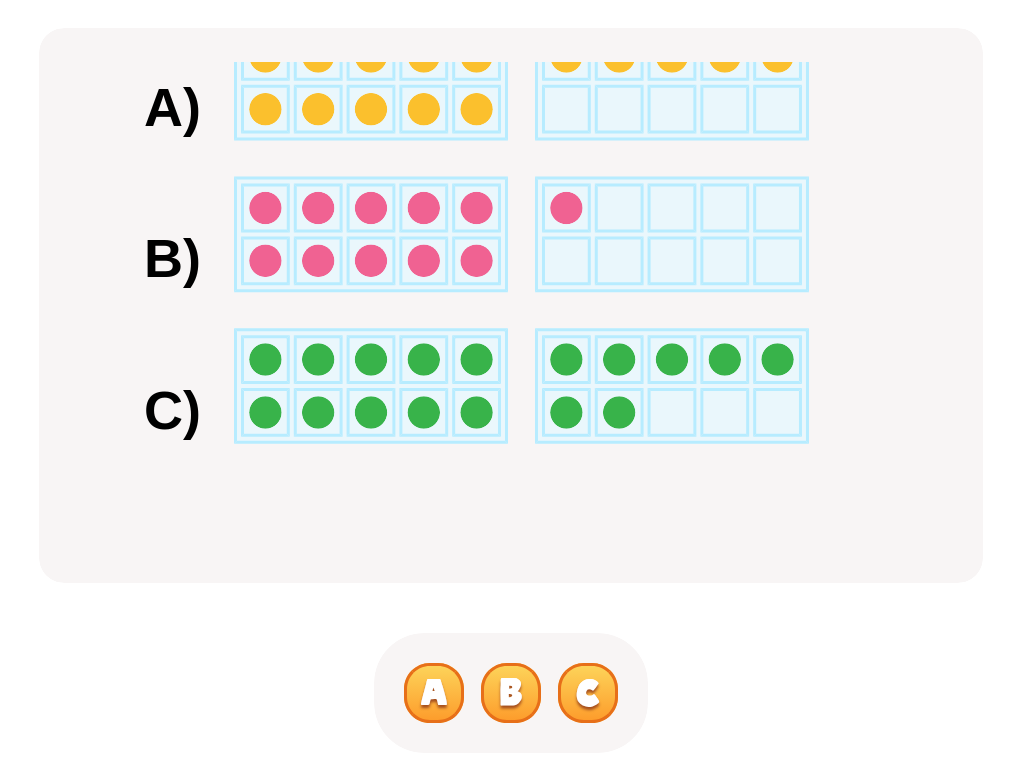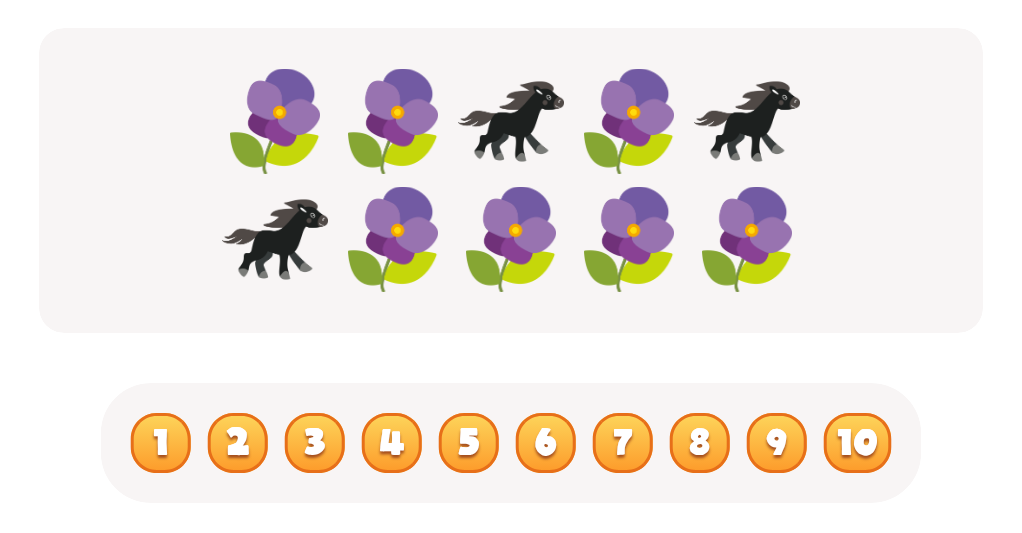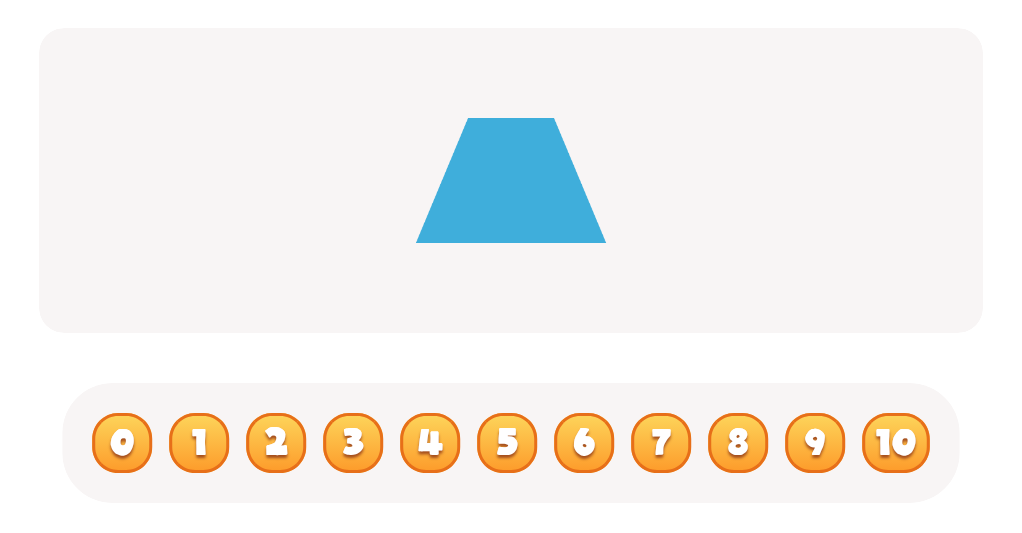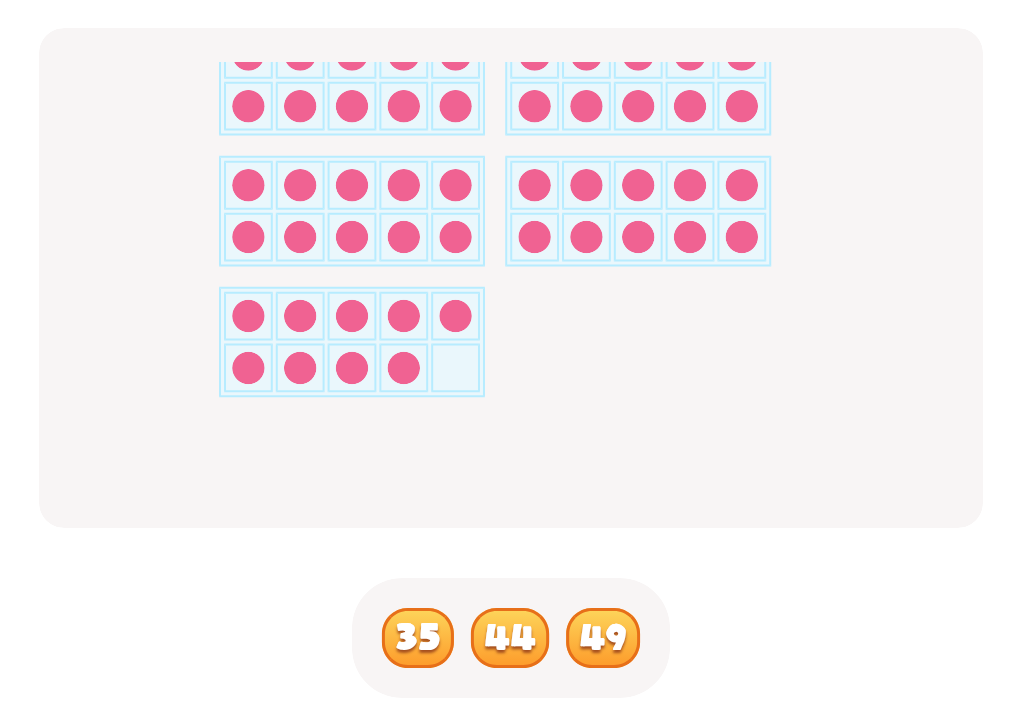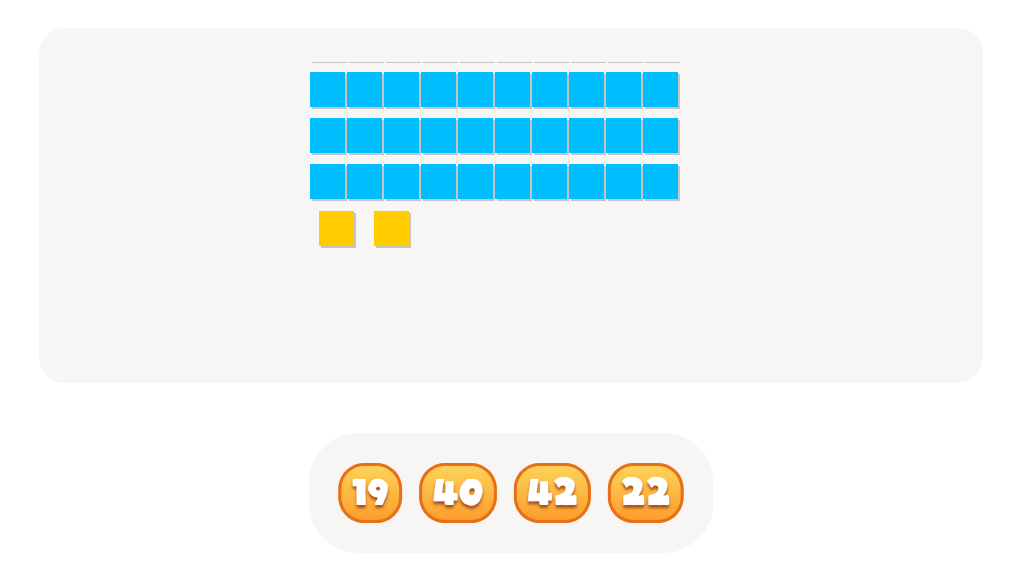Fine Motor Skills Normal Counting Worksheets for Ages 5-6
3 filtered results
-
From - To
Our Fine Motor Skills Normal Counting Worksheets for ages 5-6 offer a fantastic way to enhance mathematical abilities while developing essential fine motor skills. Designed with young learners in mind, these engaging worksheets combine counting practice with activities that involve tracing, coloring, and cutting. These exercises foster hand-eye coordination, precision, and number recognition. Perfectly suited for kindergarten and early grade students, each worksheet supports both educational and developmental milestones. Ideal for classroom use or at-home learning, our worksheets provide children with a fun and interactive way to build a strong foundation in math and motor skills.
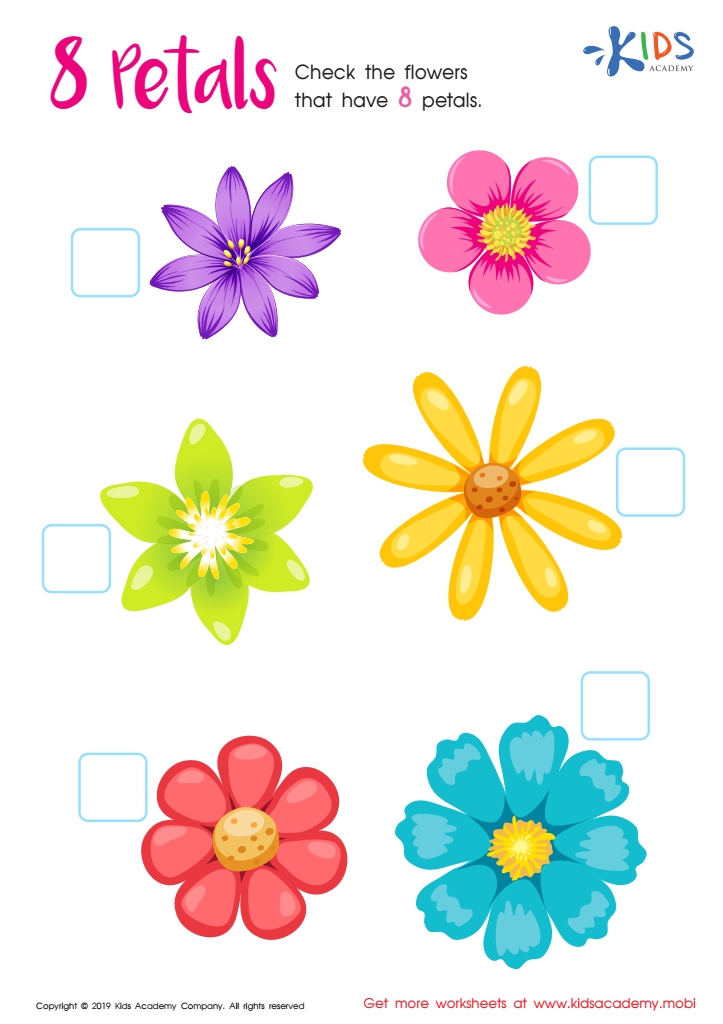

8 Petals Worksheet
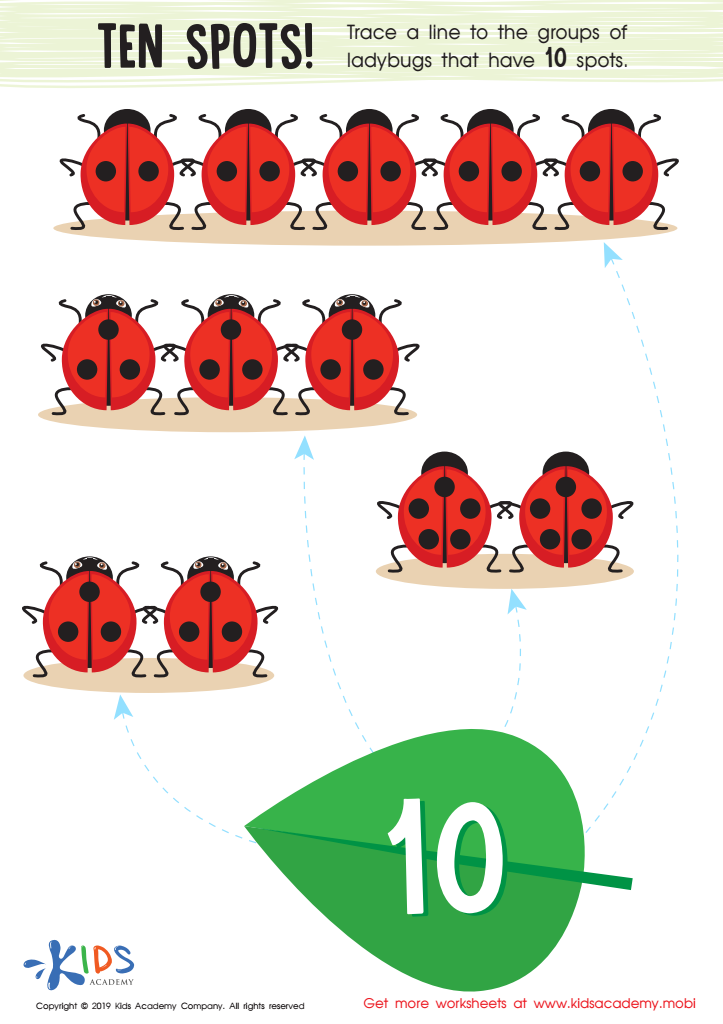

Ten Spots Worksheet


Frog Countdown Worksheet
Parents and teachers should care about the development of fine motor skills in children aged 5-6 because these skills are foundational for a child's overall development and academic success. At this age, fine motor skills—such as the ability to hold a pencil correctly, cut with scissors, and manipulate small objects—are crucial for children as they begin kindergarten and first grade. These skills allow children to perform essential tasks like writing letters and numbers, which in turn impacts their learning in subjects like reading and math.
Fine motor skills also enhance hand-eye coordination, dexterity, and control, which are necessary for day-to-day activities like dressing, eating, and toileting. A delay in fine motor skills can lead to frustration, lower self-esteem, and academic challenges, hindering a child's ability to keep up with peers.
Normal counting skills for this age group are equally important, as they lay the foundation for mathematical understanding. Children ages 5-6 should be able to count objects accurately, recognize number patterns, and understand basic concepts of quantity and order. Proficiency in these basics promotes mathematical confidence and curiosity, setting the stage for more complex math skills.
By supporting fine motor skills and normal counting abilities, parents and teachers help children build the necessary tools for lifelong learning and daily activities, ensuring they can navigate both the academic and social aspects of their young lives successfully.
 Assign to My Students
Assign to My Students
